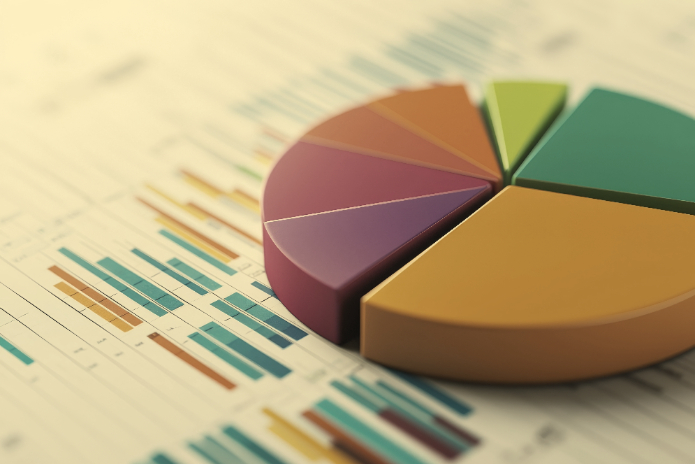A survey conducted by Onfly, a platform specialized in corporate travel and expense management that has already moved over R$1.5 billion in annualized volume, presents an overview of destinations, behavior, and economics of companies that traveled for business in 2024. One of the highlights of the study “Corporate Travel Diagnosis in Brazil” points out is that Brazilian companies spent, on average, R$1,298.00 per airline ticket or accommodation on corporate travel last year.
An overview of the sectors that travel the most for work was also outlined, and they are: agribusiness (17.7%), automotive (17.7%), media and publishing (14.2%), legal and accounting activities (10.8%), non-financial asset management (9.8%), construction (9.3%), and financial services (7.4%).
Among the most sought-after destinations for business trips are the states of São Paulo (29.5%), Minas Gerais (14.6%), Rio de Janeiro (7.3%), Paraná (6.7%), and Santa Catarina (4.7%).
The profile of the Brazilian corporate traveler was also mapped. The average age is 41 years, with 62.8% being between 35 and 45 years old. Additionally, on average, each employee takes five trips per year, and 88% make up to ten annual trips.
The survey also shows that 27.5% of an organization’s workforce travels for professional commitments at least once a year. However, in almost half of the companies analyzed, this number is below 18%.
When observing the reason for travel, in-person work, such as meetings, training, technical visits, and gatherings, leads with 37% of occurrences, followed by client meetings (20.1%), miscellaneous reasons (19.6%), events (9%), occasional meetings (8.4%), vacations/leaves (4.4%), and travel for contractual or administrative matters (1.5%).
The survey also shows that, on average, companies purchase tickets 29 days in advance, which contributes to cost reduction. The study also compares the average ticket price for tickets purchased 100 days in advance versus just 1 day, revealing a 347% increase. This highlights the importance of planning for companies to save on travel.
The study also brought a comparison between domestic and international travel. For domestic trips, the duration is usually 3.7 days, while international trips last 6.8 days. The average ticket price for domestic flights is R$1,658, and for international flights, it is R$7,284.
For Rafael Cunha, Head of Data at Onfly, “the overview reveals that there is still much room for companies to optimize their travel expenses, from early purchasing to the implementation of clear and efficient policies. The data also guides the entire B2B market in developing products and services, ensuring a better travel experience for both the employee and the company. That is why, here at Onfly, we have actively invested in integrating artificial intelligence into management and decision-making processes. An example of this is recommendation systems, which are already capable of suggesting more efficient accommodations and routes, respecting internal policies and user preferences. Thus, AI actively participates in decisions and resource allocation, expands the potential for savings, and reinforces the importance of more strategic management. All this business intelligence is only possible through data and trend analysis, such as the Diagnosis we are launching. We are just at the beginning of a structural transformation in the corporate travel market,” says the executive.
The analysis presented in the “Corporate Travel Diagnosis in Brazil” considered over 2,100 companies, the number of active Onfly clients in 2024.


